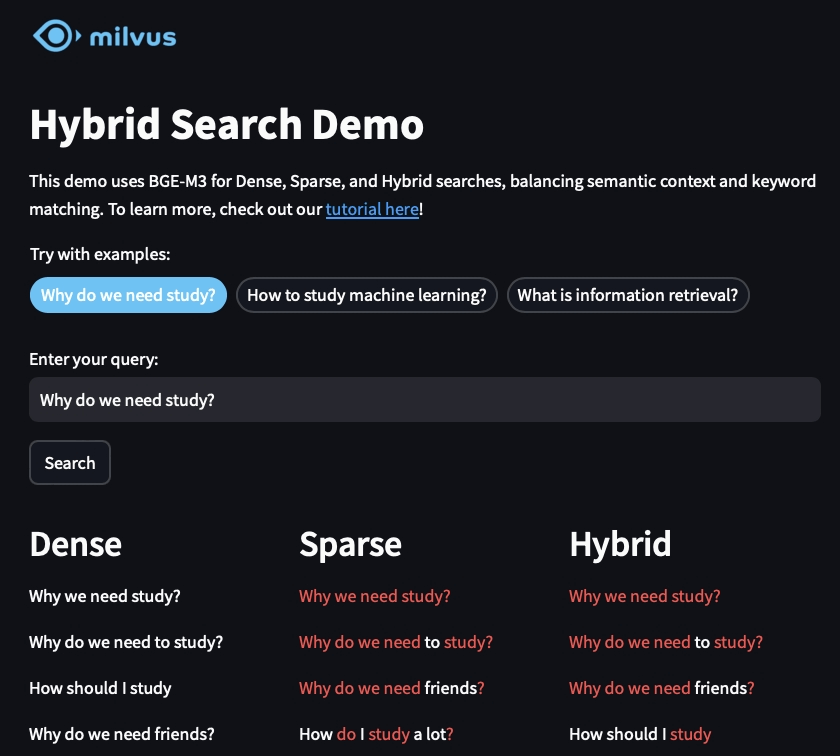Full-text search systems handle misspellings using techniques designed to tolerate errors while maintaining search relevance. These methods typically rely on algorithms that approximate matches by analyzing the structure of words, their phonetic patterns, or their proximity to correctly spelled terms. The goal is to return useful results even when queries contain typos, transposed letters, or minor spelling mistakes, without requiring exact matches.
One common approach is fuzzy matching, which allows for a limited number of character differences between the search term and indexed content. For example, Elasticsearch implements fuzzy search using the Damerau-Levenshtein distance, which measures the number of insertions, deletions, substitutions, or transpositions needed to transform one word into another. A query like exmaple~ (with a typo) could match “example” by allowing one edit operation. Developers configure parameters like fuzziness (e.g., auto or a fixed number) to balance precision and recall. This works well for minor errors but may struggle with longer words or multiple mistakes. For instance, a search for “accomodate” might still match “accommodate” with a fuzziness setting of 2, as it requires two edits (adding an “m” and removing an “o”).
Another method involves phonetic algorithms like Soundex or Metaphone, which convert words into phonetic codes representing their pronunciation. For example, “Smith” and “Smyth” both map to the same Soundex code “S530,” allowing them to match despite spelling differences. Search engines like Apache Solr support phonetic filters during indexing, enabling matches based on sound rather than exact spelling. This is particularly useful for names or words with irregular spellings. Additionally, n-gram tokenization breaks terms into smaller overlapping character sequences (e.g., trigrams for “hello” become ["hel", "ell", “llo”]). If a user searches for “helo,” the overlapping trigrams ("hel", “elo”) can still match indexed terms like “hello” with sufficient overlap. Systems like PostgreSQL’s full-text search use this method to handle partial matches and typos by comparing substring fragments.
These techniques are often combined for robustness. For example, a search engine might first attempt exact matches, then apply fuzzy logic, and finally use phonetic or n-gram fallbacks. Developers can fine-tune these strategies based on their data’s characteristics—such as language, term length, and error patterns—to optimize accuracy and performance.
